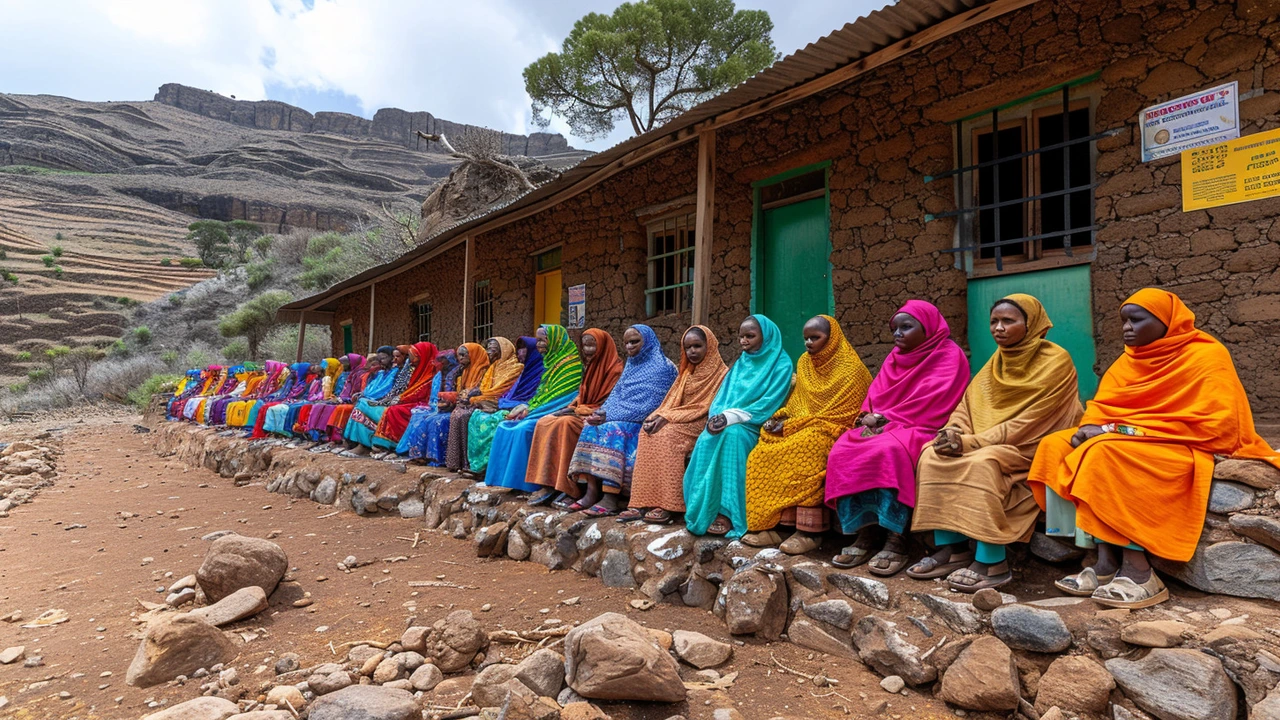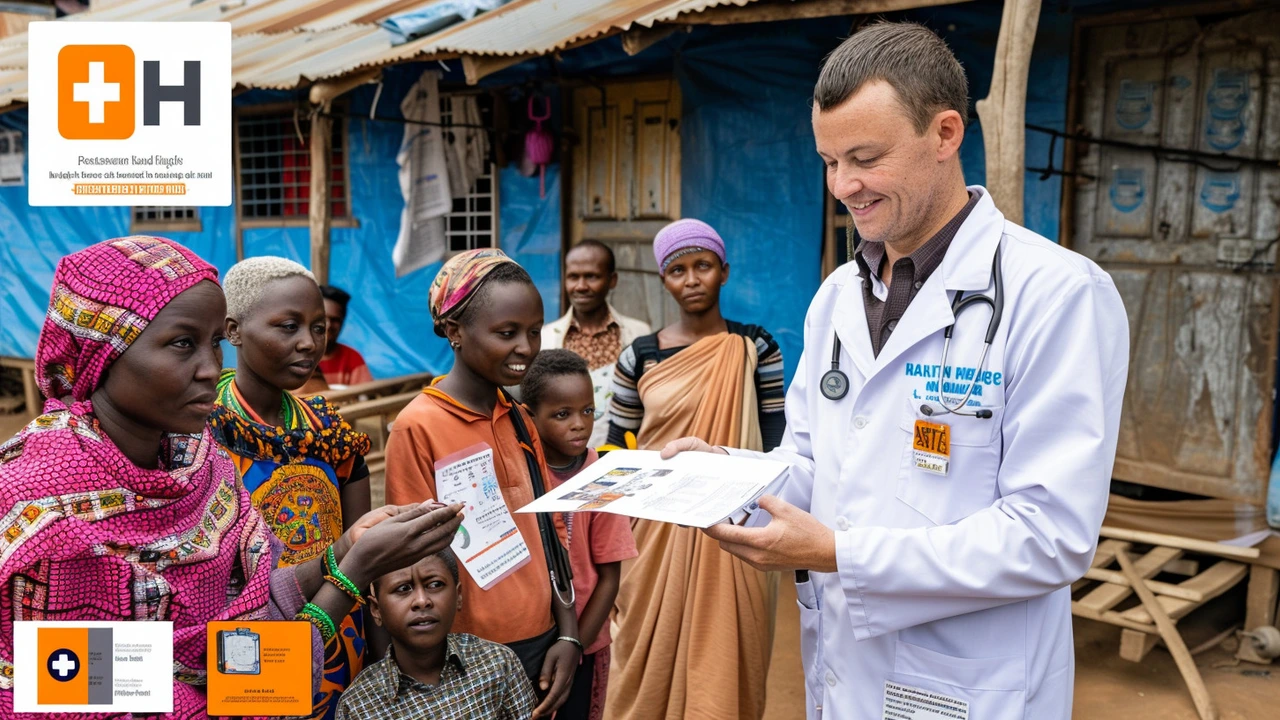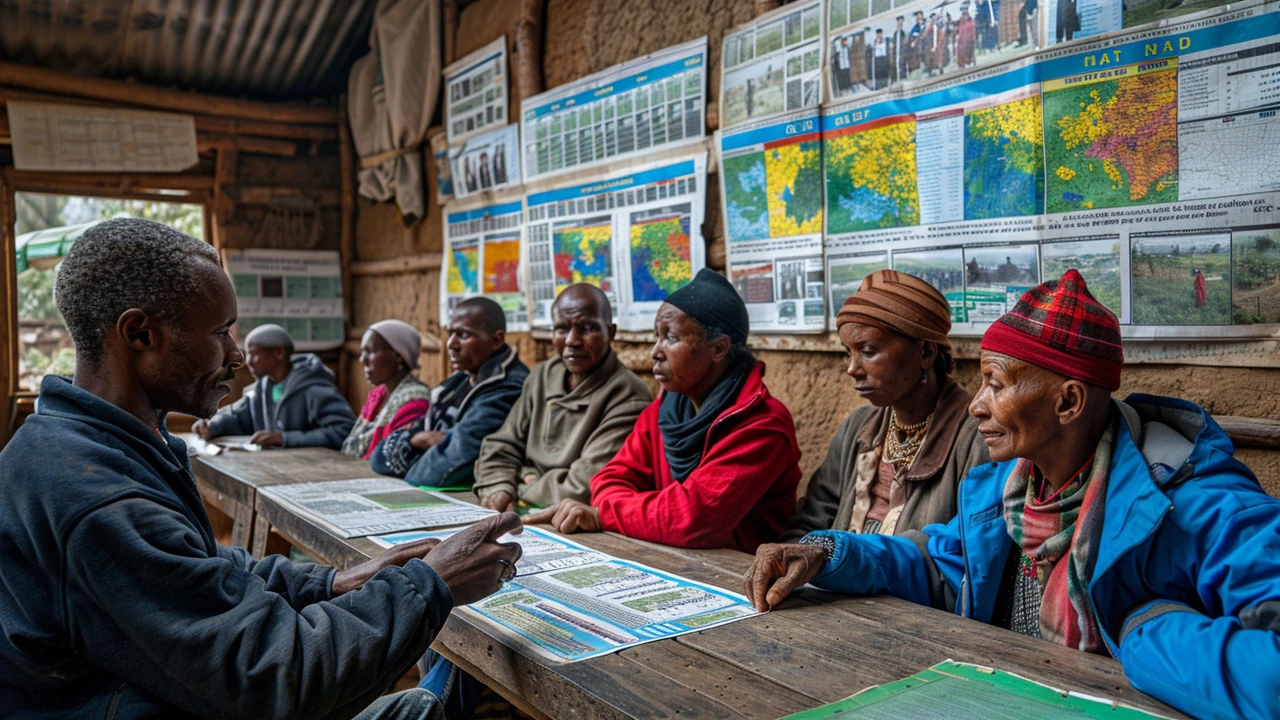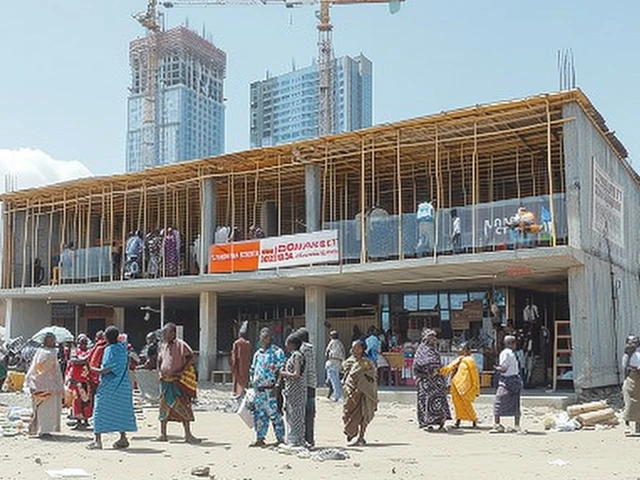Health Jobs & Salaries in Ethiopia: What You Need to Know
Healthcare in Ethiopia has never been more relevant—and if you’re looking for a job in this field or just want the real scoop on doctor and nurse pay, you’re in the right place. Salaries, job challenges, and the day-to-day work look very different here compared to other parts of the world. Why? Ethiopia’s healthcare system has its own unique hurdles, from funding gaps to staff needs, but it’s also full of opportunities for those who want to make a difference.
Let’s get straight to what everyone wonders about: pay. Doctors, nurses, pharmacists, and anesthesiologists in Ethiopia see a wide range when it comes to salaries. For example, a pharmacist’s income in 2024 depends on their workplace and location; those in big cities or private clinics tend to earn more than those in rural public health stations. Nurses have similar experiences, with extra training or years on the job often making a real difference in take-home pay. Doctors and specialists like anesthesiologists also face big pay gaps—experience, specialty, and employer affect everything. Want real numbers? Our deep-dives break it down based on the most recent data, removing any guesswork.
Wondering about the bigger issues? Health in Ethiopia isn’t just about individual paychecks. Widespread challenges like limited access to clinics, major health threats (think infectious diseases and malnutrition), and tough working conditions all play a role in shaping health careers here. For anyone thinking of joining the field or moving up the ladder, it helps to know what kinds of health concerns are top priority and what projects are happening to improve things on the ground. These issues aren’t just statistics—they hit home for health workers and the people they serve.
If you dream of a healthcare job, you’ll want to know what the work is really like. We share practical tips for landing jobs, what to expect when you walk into a hospital or health center, and what it’s like navigating the system in cities versus rural areas. We also go into what benefits and growth opportunities look like for nurses and doctors, so you can decide if it’s the right fit for you—and how you can best prepare to get hired.
Still exploring options? You don’t have to stick with just clinical roles. There are so many crucial spots in healthcare, from therapists who help people recover and return to their daily lives (and yes, we talk about what those jobs cover), to public health experts tracking Ethiopia’s leading causes of death. Whether you’re a fresh graduate, a returning professional, or just curious about how Ethiopia’s healthcare system really operates—including the truth behind whether medical care is free—this page breaks down the facts, figures, and career advice you need.













